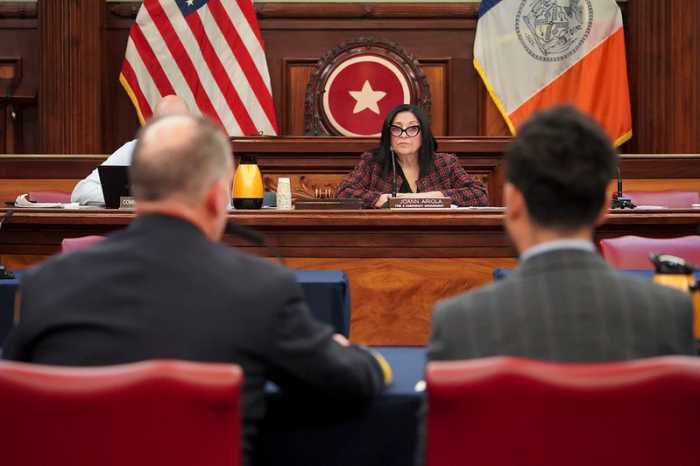As Stefen Styrsky reported in last week’s issue, Massachusetts Democratic Sen. John Kerry, in a rare—even surprising—show of unity with Pennsylvania Republican Sen. Rick Santorum, is sponsoring the Workplace Religion Freedom Act (WRFA) that he says will strengthen civil rights laws by requiring that employers make “reasonable accommodation” for their workers to practice their faith on the job as long as such accommodations don’t create “undue hardship” and are only “temporary and tangential” to the employees’ essential functions.
New York Democratic Sen. Hillary Rodham Clinton has already signed onto the bill, and it would be easy to conclude that she and Kerry, who are both widely considered as presidential aspirants in 2008, are bowing to the widespread assumption in Democratic circles that the party was clobbered last year because it was insufficiently attentive to religious voters. The most cynical interpretation of the WRFA is that Kerry, Clinton and other Democrats are caving in to the Christian right, which has few sturdier champions than Santorum.
It should be noted, however, that the measure also has the support of such Jewish groups as B’nai B’rith and its left-leaning counterpart, the American Jewish Committee. That acknowledgement, however, should not mitigate certain concerns with the details of the measure and how it might be carried out.
The measure’s critics include the American Civil Liberties Union (ACLU) and Human Rights Campaign (HRC). These groups point to a number of situations in which the proposal could have baleful effects on the rights of other workers or on customers. The most commonly cited example is the pharmacist who refuses to fill a birth control prescription based on religious objections. The ACLU also pointed to a case in which Hewlett Packard was able to sanction an employee who, upset about a workplace diversity poster, put up his own sign quoting Leviticus to condemn gay co-workers. The group asked whether the WRFA would prevent the company from doing so. HRC posed an example of a hospital that restrained a nurse from telling her AIDS patients that they were hell-bound and similarly wondered whether the employer’s ability to stop such behavior would be impaired.
April Boyd, a spokeswoman for Kerry, argued that such concerns are misplaced and that the Massachusetts senator is sensitive to the need to perfect the measure as it moves through committee. She noted that New York State has enforced a similar statute without creating any controversy. Boyd e-mailed me an article written last year for the Forward, a New York Jewish publication, by NYS Attorney Gen. Eliot Spitzer, in which he compared the state law to other improvements in workers’ rights such as the federal Family Medical Leave Act. Spitzer specifically rebutted the notion that the measure threatened the civil rights or health care access of either New York workers or consumers.
The law in New York, however, explicitly provides that the religious freedom measure does not override any civil rights protections provided by federal, state or local statutes, a guarantee not currently embodied in the WRFA proposal. Boyd said Kerry is committed to address this issue in the legislative process.
As Styrsky reported, however, Christopher Anders, the ACLU’s national legislative director, is not at all comfortable with the assurances coming from the Massachusetts senator’s office.
“Sen. Kerry’s office has rejected any attempt to correct the problems,” he said.
Clearly, the time is now to put pressure on Kerry, on Clinton and on other Democrats supporting the WRFA to place appropriate safeguards into the bill. It is not clear to this editor why existing civil rights measures do not already provide people of faith with sufficient protections in the workplace. But if the federal government is going to go down this slippery slope, best that it be with as much caution as possible.
Last week, when the Spanish government’s lower legislative house gave its approval to a same-sex marriage law, Pope Benedict XVI’s Vatican immediately called on civil servants in that country not to enforce such a measure. Our community needs to be certain that similarly situated government workers in the U.S. not be free to follow such religiously-inspired contravention of the law of the land.
gaycitynews.com













